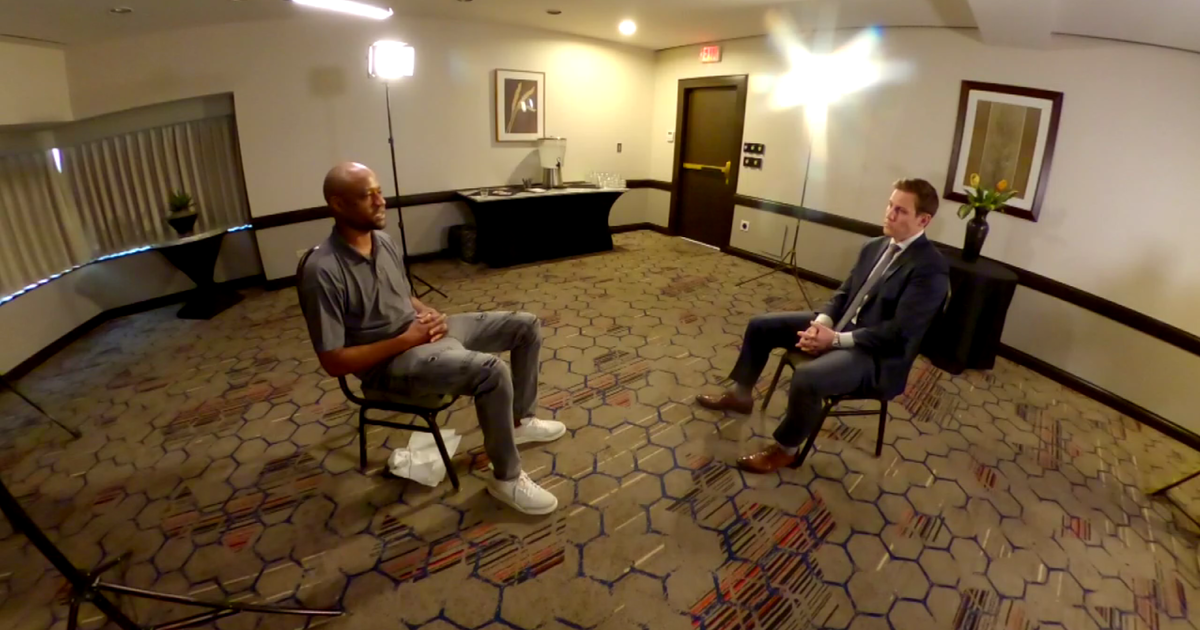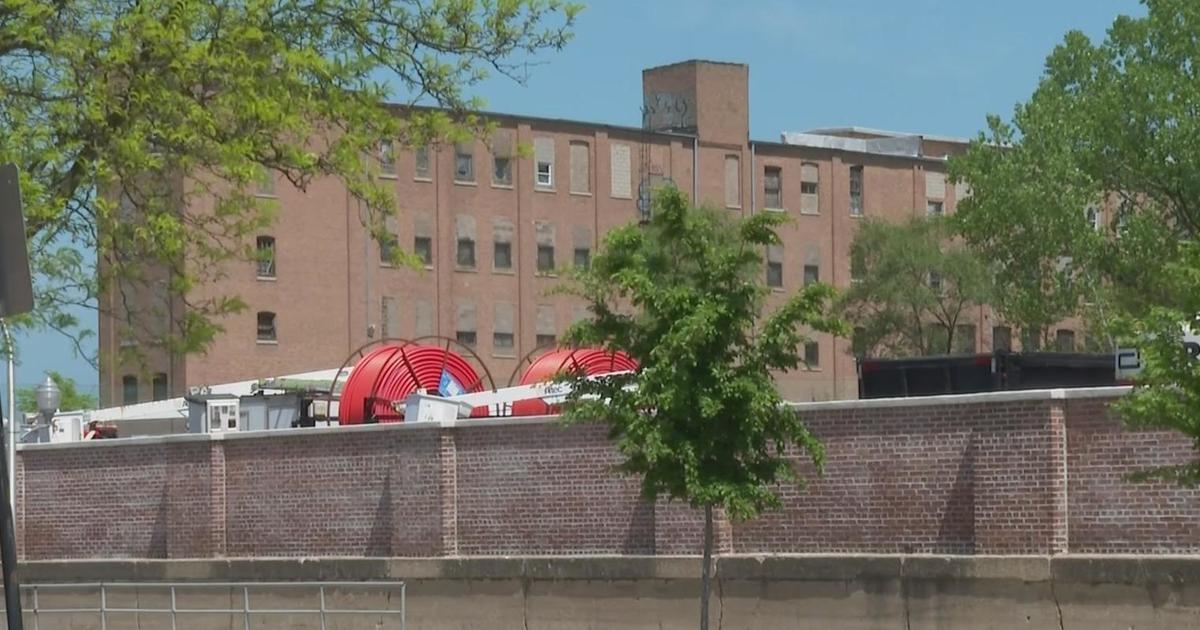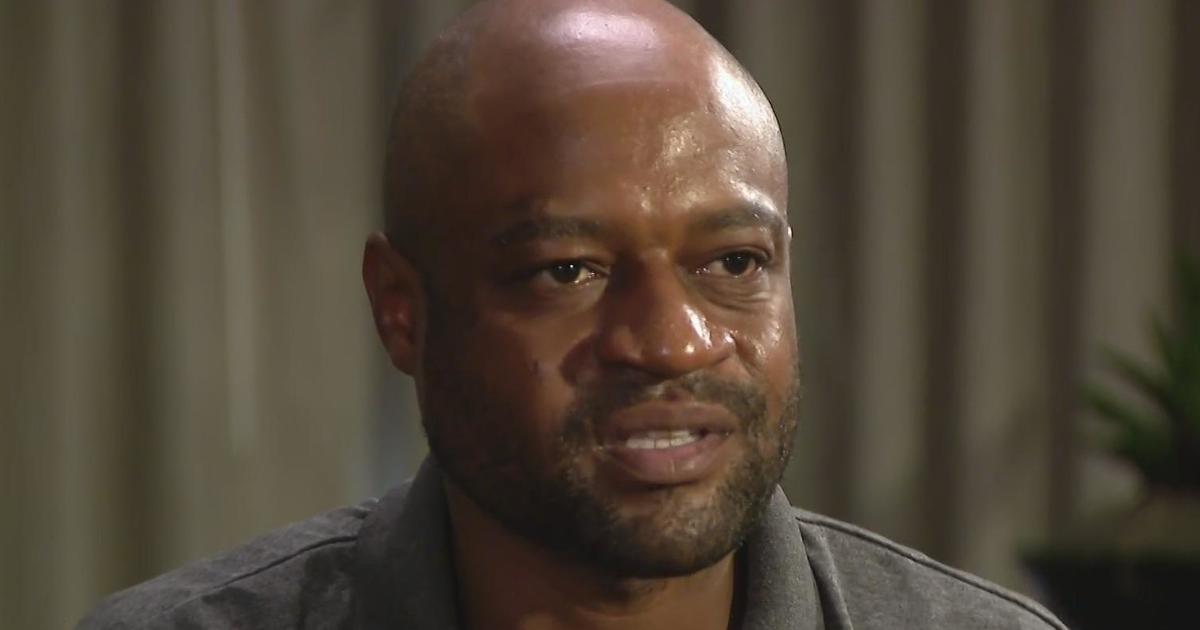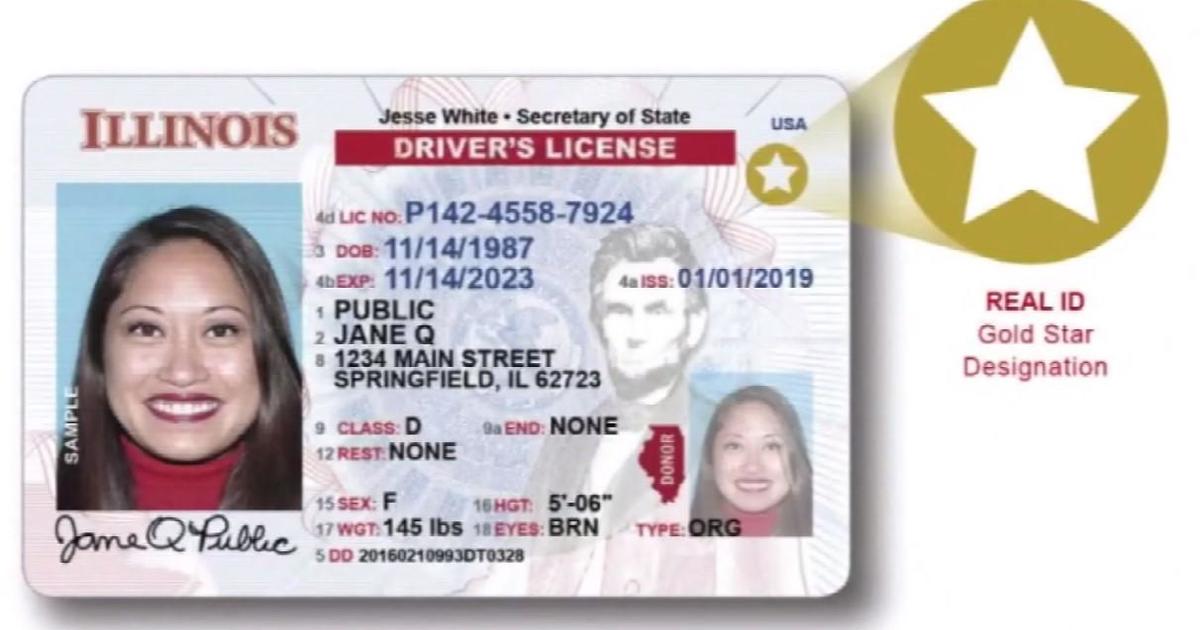Gov. JB Pritzker Has No Plans To Pause Automatic Voter Registrations After 'Glitch' Led To Hundreds Of Non-Citizens Being Registered
by Todd Feurer, CBS Chicago web producer
CHICAGO (CBS) -- Gov. JB Pritzker said Monday he sees "no reason" to halt the state's automatic voter registration system, after hundreds of non-citizens were erroneously registered to vote, saying he's confident the "glitch" has been fixed.
"The glitch that was found by the Secretary of State's office, and that was investigated, has been overcome, it appears," Pritzker said at a Chicago news conference to discuss election security.
The state automatically registers people to vote when they apply and qualify for a driver's license, unless they opt out. The Illinois Secretary of State's office, which oversees the state's driver's license systems, has said an error resulted in the data of 574 people who self-identified as non-citizens to be sent to state elections officials to be registered to vote.
A total of 545 ultimately were registered, but only of those people actually cast ballots in 2018 and 2019 before the glitch was discovered. Pritzker said officials are still investigating whether those people intentionally voted even though they shouldn't have been registered, or if they made an honest mistake.
The Illinois House Executive Committee has scheduled a public hearing on the matter on Thursday in Springrfield.
Pritzker has said it's too early to know if there's any one person who should be held responsible for the glitch, or if it was a simple mistake.
"it's important for us to investigate that. I've called for that investigation, too. There are going to be hearings about it," Pritzker said. "There's no reason to have an across-the-board pause, especially when the glitch has been fixed, and we're going to have hearings to make sure that we're ferreting what went wrong with this glitch."
Chicago Board of Election Commissioners spokesman Jim Allen said the voter registration glitch was "tantamount to entrapment," in that people who shouldn't have been eligible to vote were registered anyway, and then were sent information telling them how to cast a ballot.
"They're sent a voter card; they're told they're a voter; and then close to election time they're sent a mailing, or they get an email from a campaign or the election agency that says, 'Here's how you use early voting, here's how you use vote by mail, here's where you vote on election day,'" he said.
Allen said the Illinois State Board of Elections informed them on Dec. 30 of 124 people who were improperly registered due to the glitch, and those registrations were immediately cancelled.
Allen said only six people on that list ever voted, and four of them did so before the state's automatic voter registration system was in place, meaning they weren't actually non-citizens, and likely just checked the wrong box when signing up for a driver's license. The other two have only voted once each; one in November 2018 and the other in April 2019.
Meantime, voters in Chicago and the Cook County suburbs will be casting ballots on brand new machines for the upcoming primary elections.
City and county election authorities have purchased new touchscreen and optical scan voting equipment that provides extra security against possible tampering or hacking.
"There is no unhackable system," Allen said. "That being said, this has several new security features, in that it scans the ballot as you're entering it as the voter. So there's a record. There's a scanned image of the ballot, so that even if later there were some kind of tampering, or damage, or loss of that ballot, there's an image of every ballot that's cast. It also shows the logic that the scanner used to count or not count every mark on that. So you can go back, audit and actually correct if there was a mistake in reflecting what the voter's intent was."
For their part, voters will see little difference between the old voting machines and the new equipment.
"The only things that the voters are going to notice is that, instead of connecting the arrow on the paper ballot – the head and tail of the arrow – they're going to be filling an oval like they would on a standardized test," Allen said. "When they're using the touchscreen, it's a much more modern device, it looks like a giant iPad."
In addition, touchscreen systems will produce a paper ballot that voters will feed into a scanner when they're done.
The Chicago Board of Election Commissioners is spending $21 million on the new voting machines in Chicago; $19 million of which was provided by the City Council, the rest came from its own budget.
Cook County, meantime, approved a $31 million contract for new voting machines for the suburbs last fall.
Pritzker said Illinois is receiving another $15 million in federal funds to upgrade election security across the state. He said the state is working with all 108 local election authorities in Illinois to implement the best available practices; including identifying vulnerable networks, providing additional training of election staff, and ensuring voting equipment has sufficient firewalls to prevent unauthorized access.
"That means continually working to improve security, because the attacks will continue to adapt, and to change," Pritzker said.
U.S. Rep. Mike Quigley, who helped secure that federal funding, said additional election security was needed in the wake of the Illinois State Board of Elections website being hacked by Russian operatives in 2016. He said he has no doubt the Russians will try to interfere in U.S. elections again in 2020.
"Across this country we need to be vigilant, because the Russians were here, the Russians never left, and they'll be with us through the end to this election," he said.



